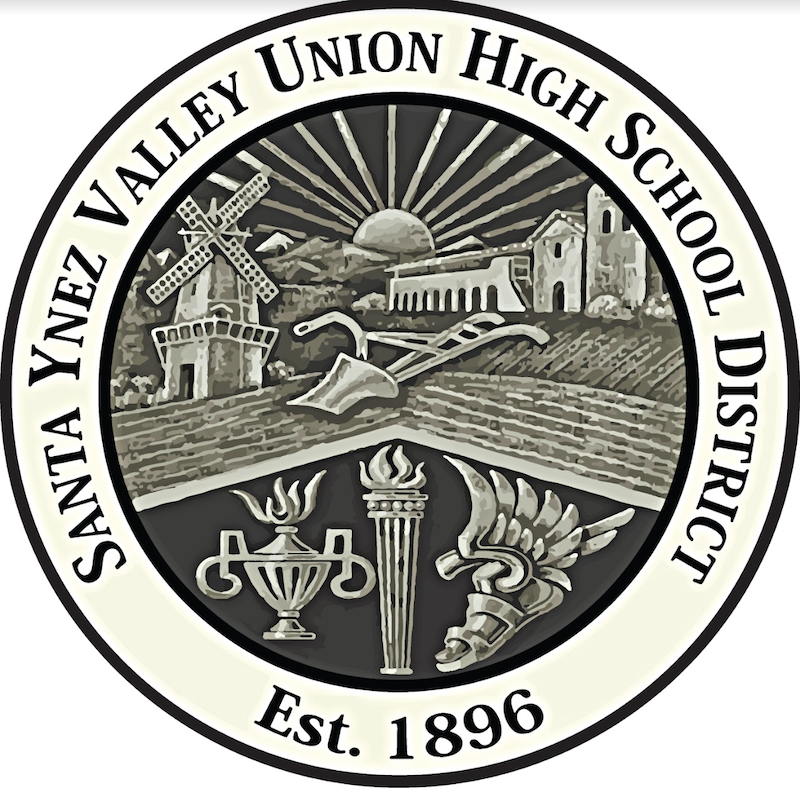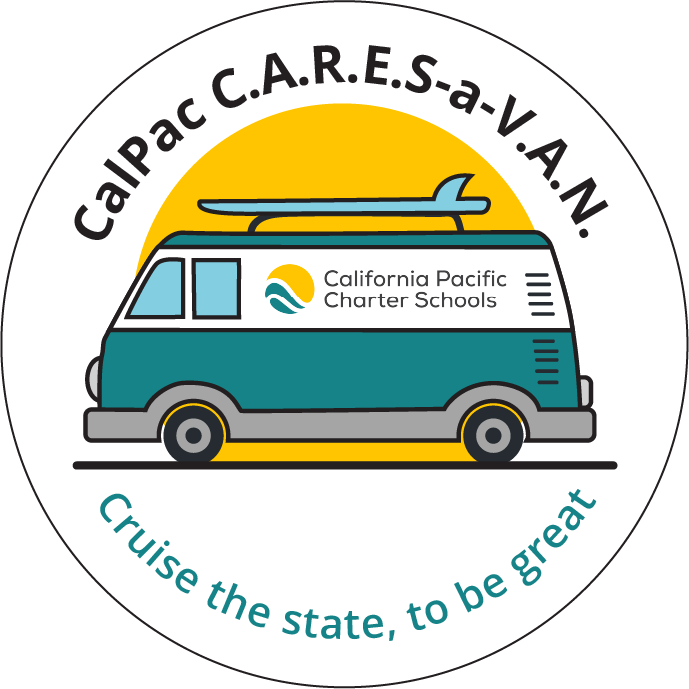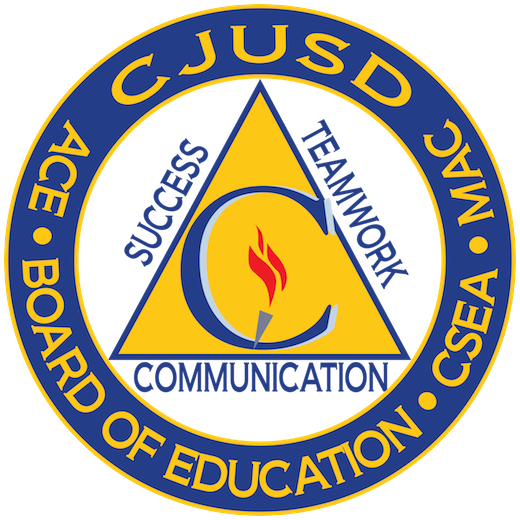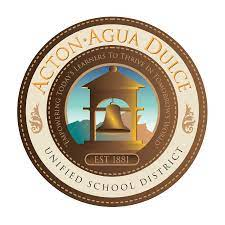Discouraging Problem Behavior
Learning Activity
No matter how well crafted and well taught the school-wide expectations, rules, and routines are, there were will be students who make errors due to 1) an absence of knowledge or insufficient understanding of when to use the expected behavior (a skill deficit), or 2) the social skills are known but there is a failure to adequately perform the expected behavior (a performance deficit). 'Getting tougher' is ineffective for students who demonstrate problem behavior nor does simply excluding and punishing them without a positive, proactive, educative approach.
The Team's Role
A school's system and procedures for responding to problem behavior needs to include documentation of
- Clearly defined problem behaviors and their consequences;
- The distinctions between office managed problem behaviors (major discipline events) and classroom managed problem behaviors (minor discipline events);
- The process for handling major and minor disciplinary incidents; and
- Suggested responses to minor problem behaviors.
Instructional Strategies
Demonstration of inappropriate behavior can be viewed as a teaching opportunity to clarify and re-teach expectations in the same calm and instructional manner used when students make academic errors. Point out the problem through specific feedback, re-teach expectations/rules, provide guided and unguided practice, and provide follow-up feedback to indicate progress.
Further, the staff is encouraged to reflect on their use of two preventive strategies: Active Supervision and Pre-Corrects: With active supervision, the continuous roaming, scanning for appropriate and inappropriate behavior, and interacting with the students and providing supportive interactions. Pre-corrects are a general reminder preceding the context in which the behavior is expected. They are used to used to increase the likelihood the desired behavior will occur by reminding students of what to do to increase the probability of their success. Effective utilization of these tool scan help decreases the likelihood of misbehavior.
Best Practices
When minor misbehaviors occur, a series of best practice procedures exist for individual staff to handle them. Before learning a few of those strategies, there are some general considerations (Missouri School-Wide Positive Behavior Support):
- Consistency - This one of the main keys to changing behavior and as such is it important to ensure that there is a consistent response to misbehavior in school settings.
- Use the least intrusive strategy - Staff will want to use strategies that are least intrusive for the problem behavior, its frequency or severity.
- Be specific and concise - With specific descriptions, you are using inappropriate behavior as an incidental teaching opportunity. Be short and concise, and then disengage quickly. Address the concern as a learning error and use the same objective and targeted feedback you would use with an academic error.
- Use quiet, respectful interaction with the student - Securing their attention by making quiet contact in close proximity with the student, then state your request or re-direct in a respectful matter-of-fact manner to encourage compliance and relationship building.
- Refocus the class when necessary - If the inappropriate behavior will require a bit of time, first refocus the attention of the class on their tasks at hand then deal privately with the student.
Resources
More PBIS Tiers Activities
Quickly deploy PBIS Tiers lessons to your entire district.
Top districts trust Alludo to train teachers and staff





